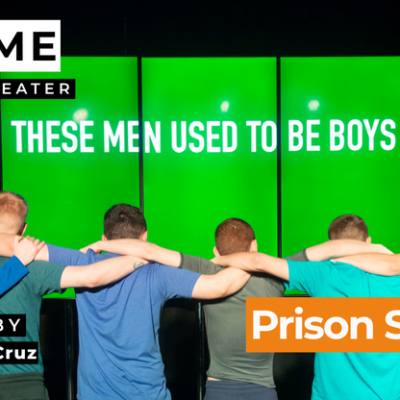This is a big surprise to many people, as in the first round the right was doing much better in terms of votes and seats. We’ll learn more soon, but in the meantime I am reminded of one of the paradoxes in the theory of expressive voting. You might want to send a protest vote, but you don’t want too many other people sending the same protest vote. For instance, some people voting for Ralph Nader didn’t really want him to win. And the same may be true for the French right. So the very show of force from the right, in the first round, may have limited their subsequent numbers. More generally, you could say that an equilibrium, when there is a lot of expressive voting, is super-sensitive to expectations about the voting behavior of others. Especially when the receives of the expressive votes come close to holding real power.
Do you know the apocryphal story of the economics department that wanted to decide, unanimously, to vote 18-3 on the tenure case of a junior professor? That was not allowed, and so everyone voted in favor.
I wonder what this all means for a possible Democratic mini-primary!?





